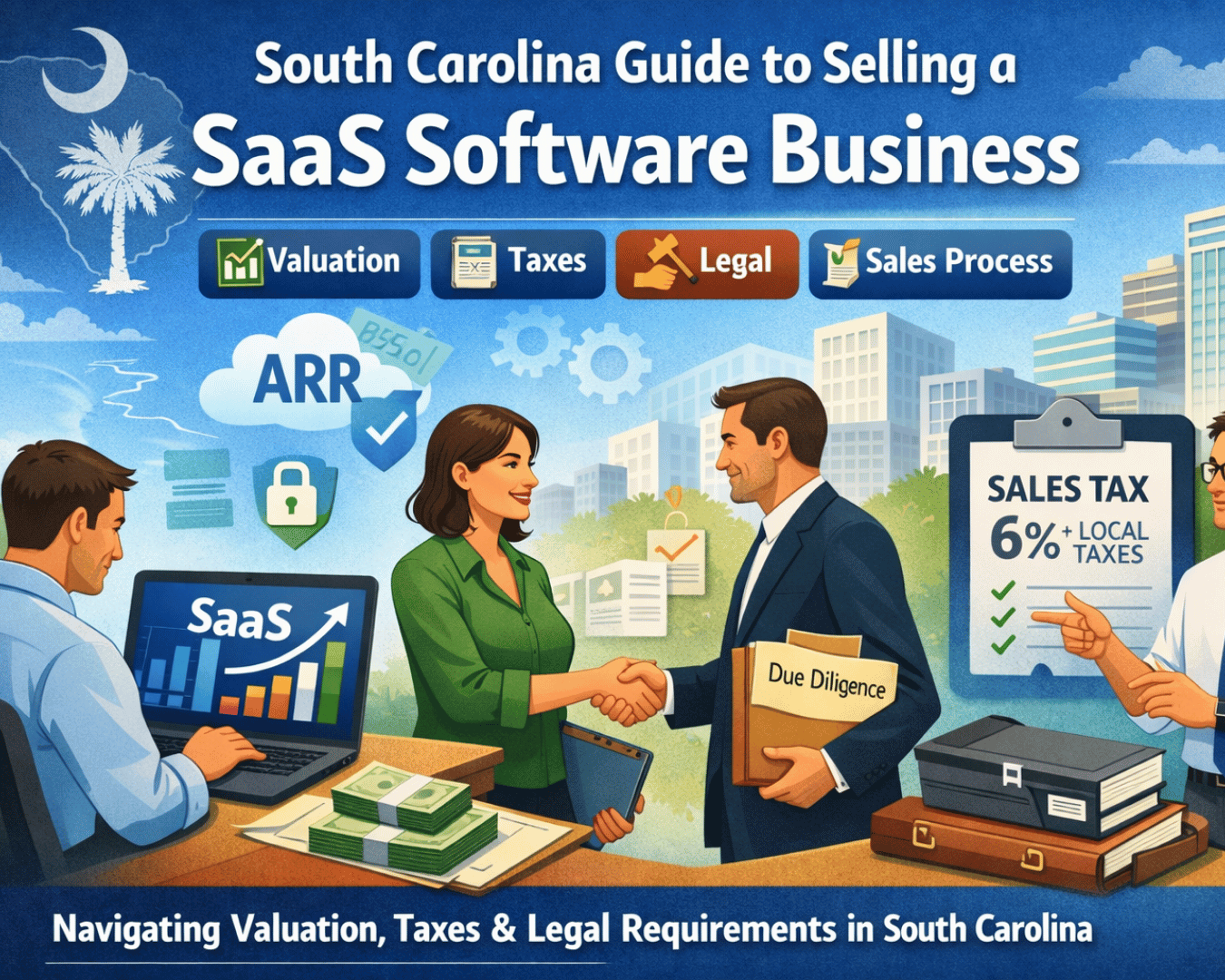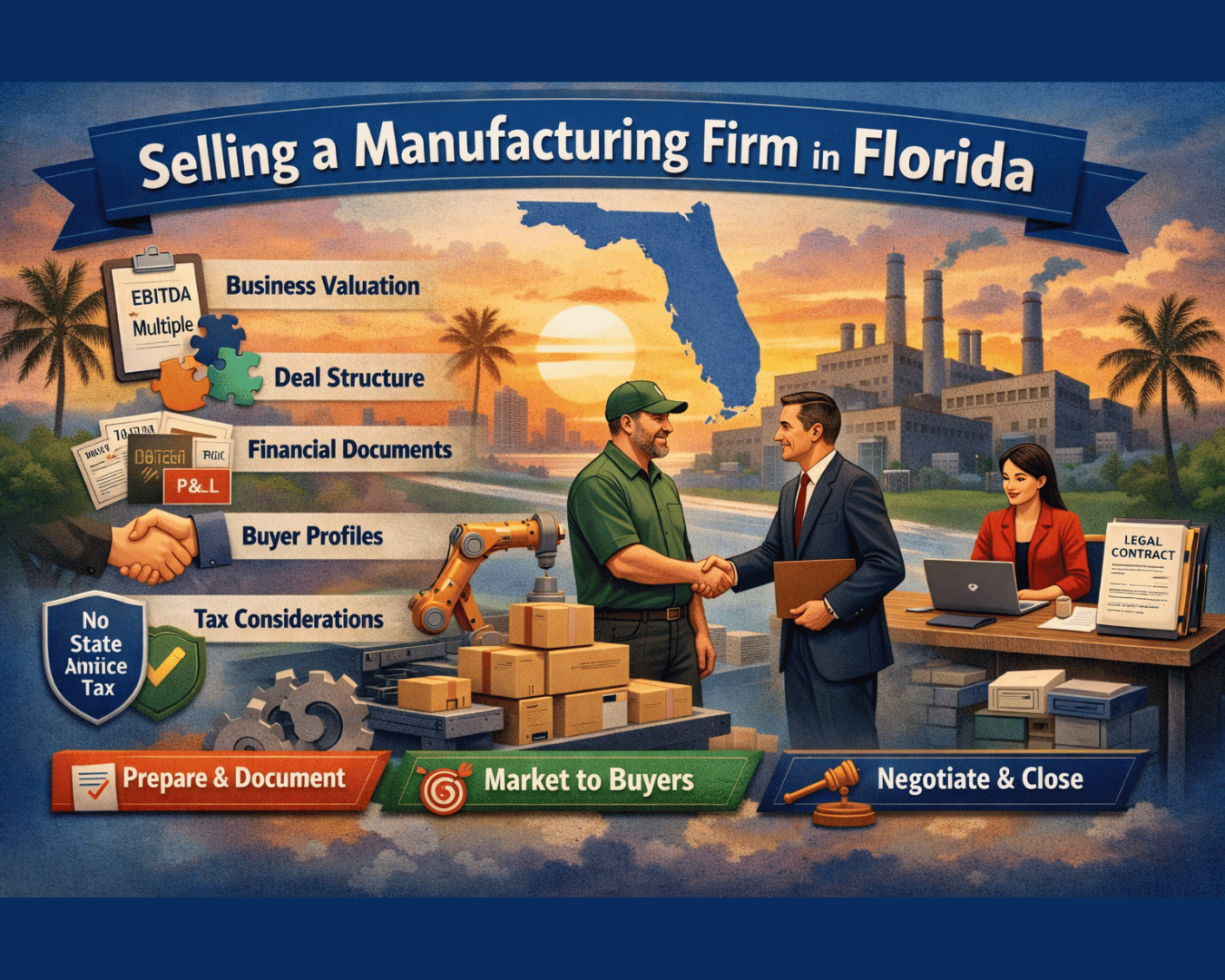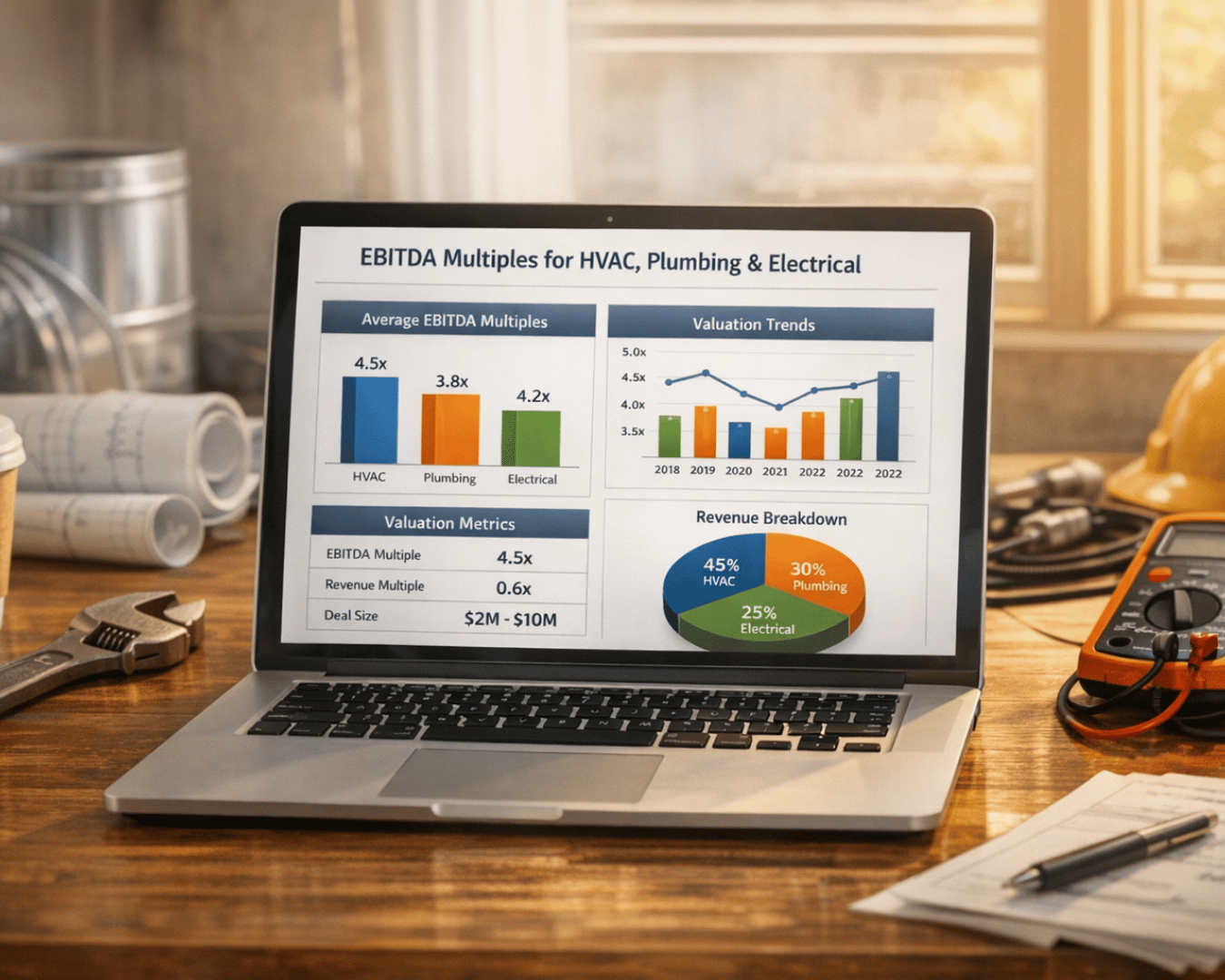In the realm of business acquisitions, securing the right financing is pivotal. Whether it's a 100% cash purchase or a strategic play involving financial instruments like loans, the landscape is diverse. Here's a closer look at the common types of acquisition financing:
Debt Financing:
- Bank Loans: The tried-and-true method involves traditional loans, with the acquiring company borrowing and repaying with interest. SBA (Small Business Administration) Loans, a cornerstone in business purchase financing, fall under this category. These loans can be government backed by the SBA or just a traditional bank loan.
- SBA 504, 7a, microloans, and SBA Express are commonly used in this category
- Mezzanine Financing: A dynamic blend of debt and equity, providing lenders the option to convert to equity in case of default. Can also be a sophisticated layering of multiple loans.
Equity Financing and Cash Deals:
- Equity financing can mean trading skill or cash for ownership.
- Common Stock: Issuing new shares to raise capital for acquisition.
- Preferred Stock: Offering preferences like priority in dividends or liquidation.
- Private Equity: Selling a stake to private equity investors for capital.
- Cash Deals: A straightforward 100% cash purchase option.
Seller Financing:
- The seller extends financing to the buyer, often in the form of a loan, facilitating the acquisition.
Asset-Based Financing:
- Asset-Based Lending (ABL): Secured by the acquiring company's assets—real estate, accounts receivable, inventory, or equipment. Typically involves a swift close and a substantial upfront cash infusion.
Venture Capital and Angel Investors:
- Venture Capital: A path for startups or companies eyeing growth, securing financing from venture capitalists in exchange for equity.
- Angel Investors: Individual investors injecting capital into startups or small businesses in return for ownership equity.
Strategic Alliances and Joint Ventures:
- Companies opt for collaboration over full acquisition, sharing financial burdens and risks. This may involve resource, technology, or market access sharing.
The selection of acquisition financing hinges on factors like the acquiring company's financial health, acquisition size, and the risk appetite of both buyer and seller. Companies often employ a mix of these methods to fund acquisitions.
Stay tuned for an exploration of SBA Loan Types in an upcoming article.





%20%20Process%2C%20Valuation%20%26%20Legal%20Checklist.png)




















%20in%20a%20%2420M%20Sale..png)
%20vs.%20Conventional%20Loans%20for%20business%20acquisition.png)























.png)


.png)
.png)


































.png)


















